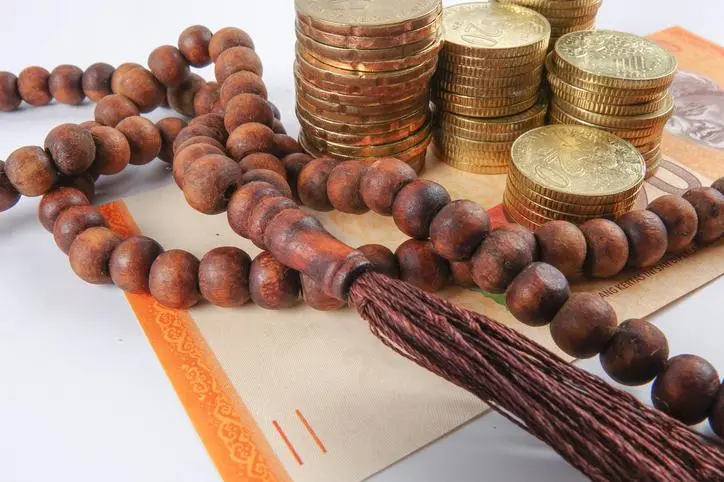PHOTO
GCC countries will lead a rally in sukuk issuance in the second half of 2020, with low oil prices and a consequent surge in deficits triggering strong financing demand among sovereign issuers, Moody's Investors Service said.
However, after four years of rapid growth, overall global sukuk issuance is set to fall five per cent this year to about $170 billion in the aftermath of the coronavirus pandemic, it added.
"The decline will be partly limited by the financing needs of the GCC countries because of lower oil prices and the pandemic," said Nitish Bhojnagarwala, vice-president and senior credit officer at Moody's. "We expect issuance will rally in the second half of the year to around $90 billion, led by sovereigns in the Gulf."
Despite the decline, 2020 will still see the second highest sukuk issuance total ever, following a 36 per cent increase in 2019. Total issuance in the first six months of 2020 dropped to $77 billion, down 12 per cent from the same period last year, as activity in Malaysia and Indonesia flagged. Issuance in southeast Asia dropped by 25 per cent, while volumes in the Middle East rose seven per cent.
Moody's said in the second-half, volumes are likely to rebound as governments raise money to finance their responses to the coronavirus crisis.
"Persistently low oil prices could also increase deficits and financing needs among oil-exporting issuers, primarily in Gulf countries. We expect some African sovereigns and corporates to enter the market, following the lead of Egypt and Nigeria earlier this year. Though the green sukuk market is in its infancy, issuance is likely to accelerate as efforts to combat climate change gain traction," said the report.
According to S&P Global Ratings, the volume of the global issuance of sukuk nose-dived 32 per cent in the first quarter of this year against the first quarter of 2019, and a further decline is expected in the second quarter of 2020 as several countries implement measures to control the spread of Covid-19.
The sukuk market is expected to recover in the third quarter of 2020 but the analysts at the S&P Global are of the view that the volumes of sukuk issuance in the second half of 2020 won't be sufficient to compensate for the decline in the first half.
S&P Global Ratings said most government issuers of sukuk are likely to turn to conventional bond markets as they grapple with the impact of weaker economic environments and tight budgets while financing conditions are likely to be extremely difficult for issuers with weak credit quality.
International Islamic Financial Market has said that the steady rise in issuance volume during 2019 was mainly due to sovereign sukuk issuances from Asia, the GCC, Africa and certain other jurisdictions while Malaysia continues to dominate the sukuk market though share of countries like Indonesia, the UAE, Saudi Arabia and Turkey increased with good volume.
Abu Dhabi's Aldar Properties, Saudi Arabia's Almarai Company and Dubai's DP World, Emaar Properties and Dubai Islamic Bank issued sukuk to raise funds last year. Aldar issued a $500 million sukuk to refinance its debt while DP World issued a $1 billion sukuk.
Copyright © 2020 Khaleej Times. All Rights Reserved. Provided by SyndiGate Media Inc. (Syndigate.info).





















